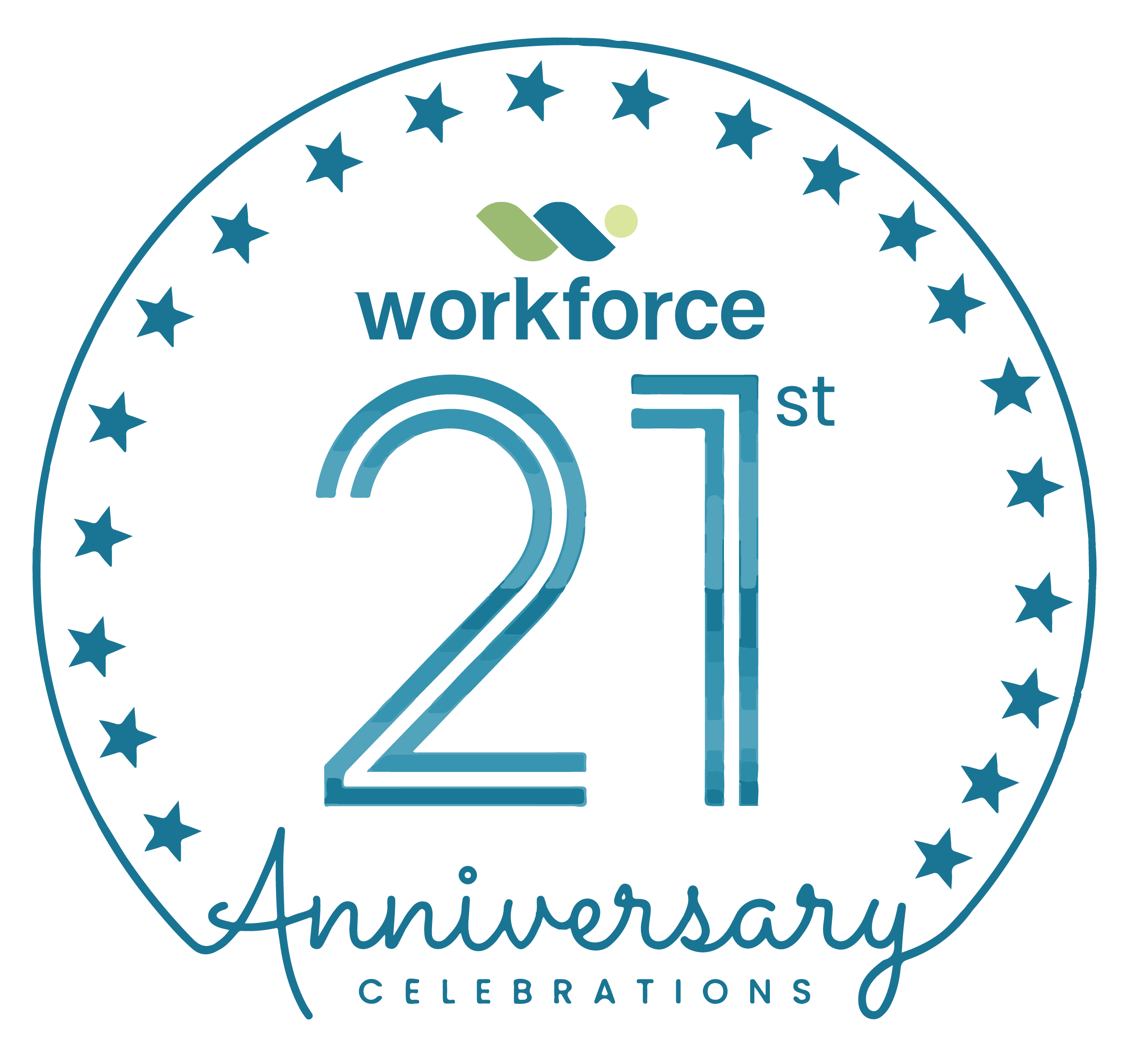In today’s competitive business environment, managing employee turnover is a critical challenge for HR leaders. Unplanned departures can disrupt operations, incur high replacement costs, and impact morale.
Research consistently highlights the role of poor hiring decisions in high turnover rates, driving organisations to seek more strategic, data-driven approaches to recruitment.
This is where talent assessment services come into play. By understanding the benefits of talent assessments, organisations can align hiring decisions with organisational goals and employee fit. These services have proven instrumental in mitigating turnover.
For HR leaders aiming to build sustainable workforces and enhance their strategic role, leveraging the comprehensive benefits of talent assessment is no longer optional—it is essential.
This article explores the benefits of talent assessments and how talent assessment services can help reduce employee turnover by ensuring a more strategic, effective recruitment process, while highlighting the critical benefits of talent assessments for modern HR practices.
The Influential Role of Talent Assessments in Minimizing Turnover
Talent assessment services empower HR leaders to make informed, strategic hiring decisions. Here’s how they align with key areas of HR leadership:
1. Strategic Hiring
The benefits of talent assessments become evident in enabling HR leaders to shift from reactive to proactive hiring.
By identifying candidates who not only fit the job requirements but also align with the company culture and long-term goals, HR can make more strategic hiring decisions. This reduces the risk of costly mismatches and turnover.
2. Data-Driven Decision Making
Assessment services provide HR with data-driven insights into candidates’ competencies, skills, and potential. This helps identify not just the right fit for the current role but also future leaders, aligning hiring with succession planning.
In a world where data is key, this approach ensures that each hire contributes to long-term organisational success while maximizing the strategic benefits of talent assessment.
3. Enhancing Employee Retention
By selecting candidates based on both competency and cultural fit, talent assessments contribute significantly to retention. Employees who fit well within their roles and the organisational culture are more engaged, satisfied, and less likely to leave. This alignment reduces churn and enhances overall workforce stability.
The Strategic Value of Talent Assessments: Data and Insights
To further illustrate the strategic value of talent assessments, let’s explore some industry highlights and insights that underscore their impact on turnover reduction.
Industry Insights
1. Improved Fit and Retention
According to a study by the Society for Human Resource Management (SHRM), organisations that use pre-employment assessments report a 36% improvement in employee retention over those that do not. By ensuring the right fit, talent assessments significantly contribute to long-term workforce stability.
2. Cost Efficiency
The cost of a bad hire can be as much as 30% of the employee’s first-year earnings, according to the U.S. Department of Labor. Assessments that align candidates with the company’s needs can prevent these costly mistakes and enhance overall retention.
3. Enhanced Performance
Research from the Aberdeen Group found that companies using assessments are 24% more likely to have employees who exceed performance expectations. By aligning skills and roles, assessments not only reduce turnover but also boost productivity.
4. Reduction in Time-to-Hire
Talent assessments streamline the hiring process by focusing on key competencies, reducing the time spent on interviews and evaluations. This efficiency not only saves time but also ensures that the best candidates are selected, addressing both organisational needs and candidate fit.
Strategic Alignments
1. Proactive Talent Management
Assessments allow HR leaders to foresee potential mismatches early in the recruitment process. By providing insights into a candidate’s adaptability and potential for growth, they enable HR to align talent with organisational needs proactively.
2. Future-Proofing the Workforce
In rapidly evolving industries, hiring adaptable talent is essential. The benefits of assessments include identifying candidates who are not only qualified but also capable of growing with the organisation’s changing needs—ultimately reducing turnover caused by skill mismatches.
3. Data-Driven Culture
Implementing assessments fosters a data-driven culture within HR. The benefits of talent assessments extend beyond hiring accuracy—they also support broader organisational initiatives, such as talent development and succession planning, ultimately leading to a more engaged and committed workforce
Benefits of Talent Assessments and Putting it into Practice: Steps for HR Leaders
Talent assessments play a crucial role in helping HR professionals reduce turnover and enhance workforce stability. To effectively integrate these assessments into your hiring process, follow these steps:
1. Define Your Workforce Goals
Establish clear objectives for your hiring process, such as reducing turnover or improving cultural alignment. This clarity will guide the selection of appropriate assessments.
2. Select the Right Assessments
Choose assessment tools that align with your goals. Competency-based assessments, cognitive ability tests, and personality assessments are ideal for evaluating both skills and cultural fit.
3. Streamline Implementation
Integrate the assessments into your hiring workflow efficiently. Utilize user-friendly platforms to deliver the assessments and make the process seamless for both candidates and hiring managers.
4. Analyze the Data
Use the data from the assessments to make informed hiring decisions. Look for candidates who not only meet the skill requirements but also fit well with the company culture.
5. Monitor and Adjust
Continuously track the effectiveness of your assessment strategy. Monitor key metrics such as time-to-hire, turnover rates, and employee performance, and adjust the strategy as needed.
Common Pitfalls to Avoid

While implementing talent assessments, HR leaders should be mindful of common pitfalls that can undermine the effectiveness of these tools. Here are some key challenges and strategies to overcome them:
1. Treating Assessments as Standalone Tools
Pitfall:
Viewing assessments as isolated components of the hiring process can lead to misalignment between assessment outcomes and broader hiring goals.
Solution
Integrate assessment results with other recruitment strategies, such as structured interviews and comprehensive reference checks. This holistic approach ensures that the insights gained from assessments are fully leveraged to make well-rounded hiring decisions.
2. Neglecting to Define Success Metrics
Pitfall
Implementing assessments without clear success metrics can make it difficult to evaluate their impact on reducing turnover.
Solution
Before rolling out assessments, establish key performance indicators (KPIs) such as time-to-productivity, turnover rates among new hires, and alignment between assessment results and employee performance.
Regularly review these metrics to gauge the effectiveness of your assessment strategy and make data-driven adjustments as needed.
3. Failing to Align with Organisational Goals
Pitfall
Using assessments that do not align with the company’s long-term strategic objectives can result in hires who may excel initially but struggle to adapt to evolving business needs.
Solution
Ensure that the competencies and traits evaluated by assessments reflect both current job requirements and future organisational goals. For example, if innovation is a core value, include assessments that gauge creativity and adaptability.
4. Overlooking Candidate Experience
Pitfall
A cumbersome or opaque assessment process can deter top talent, especially in competitive job markets.
Solution
Design the assessment process to be transparent and user-friendly. Clearly communicate the purpose of each assessment and provide feedback to candidates whenever possible. A positive candidate experience can enhance your employer brand and increase the likelihood of attracting high-quality hires.
By recognising and addressing these pitfalls, HR leaders can ensure that talent assessments not only contribute to immediate hiring needs but also play a strategic role in building a resilient, engaged workforce.
Conclusion
The benefits of talent assessments for HR leaders are substantial, offering a powerful tool to transform hiring practices, reduce turnover, and build a more resilient workforce.
By integrating data-driven insights into the recruitment process, assessments help ensure that new hires align not only with the role but also with the company’s strategic vision. This alignment fosters long-term employee satisfaction, deeper engagement, and stronger retention.
In an era where the cost of turnover is higher than ever, investing in talent assessments is not just a best practice—it is a strategic imperative.
As the business landscape continues to evolve, HR leaders who embrace assessments will be better positioned to drive organisational success and create a workforce poised to meet future challenges.
Workforce Group Call to Action
At Workforce Group, we understand the strategic importance of aligning talent with organisational goals. Our tailored talent assessment solutions empower HR leaders to make data-driven hiring decisions, ensuring the right fit from day one.
By reducing turnover and enhancing employee engagement, we help build a resilient workforce that thrives in today’s competitive landscape.
Take Action: If you’re ready to elevate your hiring strategy and see measurable results, let’s talk. Contact us today at hello@workforcegroup.com to explore more benefits of talent assessments and how our assessment services can be tailored to meet your specific needs and drive long-term success. Connect with our team for a consultation tailored to your organisational needs.



